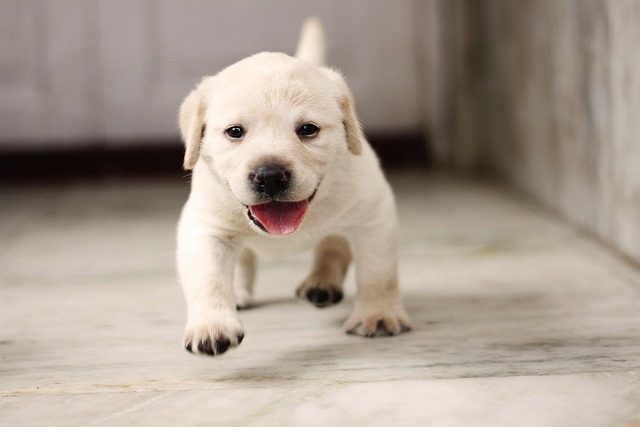
How do i train my dog to be obedient?
Watching your dog dart across the park ignoring your calls isn’t just frustrating—it can put them at risk near busy streets or public spaces.
That sinking feeling when you step in a warm puddle on the kitchen floor – it’s a rite of passage for new puppy parents. Your instinct might be to scold or rub their nose in it, but hold up. Here’s the science: Puppies under 6 months physically can’t reliably control their bladder. Punishing them for accidents creates fear and confusion, often worsening the problem by teaching them to hide elimination from you. Instead, modern animal behaviorists emphasize one golden rule: House training is about prevention, not punishment.
So, what actually works? Start with a strict yet compassionate schedule. Young pups need potty breaks every 1-2 hours, plus immediately after naps, meals, and play. Keep them leashed to you indoors or use a puppy-proofed exercise pen ("ex-pen") when unsupervised – this prevents sneaky accidents in your apartment’s carpeted corner. The magic moment happens outside: When your pup squats in the right spot, instantly mark it with a joyful "Yes!" and reward with high-value treats like diced chicken. This positive reinforcement links outdoor pottying with celebration. If you catch them mid-accident indoors? Interrupt gently with a neutral "Oops!" (no yelling!), scoop them up calmly, and rush outside to finish. Clean indoor messes thoroughly with enzymatic cleaners (like Nature's Miracle) – regular products leave trace scents that scream "bathroom here!" to your pup.

Now, the cultural and legal context matters deeply. In the U.S. and EU, physical punishment like hitting, yelling, or rubbing a puppy’s nose in urine is not just ineffective – it’s widely condemned as animal cruelty and can violate welfare laws in states like Oregon or New York. Force-free training aligns with community standards too: In apartment buildings, prompt accident cleanup prevents neighbor disputes and avoids violating "pet waste remediation" clauses in leases. Always carry biodegradable poop bags during walks (it’s legally required in cities like Seattle or London), and keep pups on-leash until fully vaccinated – rabies shots are mandatory, and parvo risk is real in communal grass areas.
Consistency is your secret weapon. Use a crate humanely (never for punishment!) for naps and overnight, as dogs avoid soiling their den. Track water intake and adjust potty breaks accordingly, especially in humid climates like Florida where hydration needs spike. If accidents persist beyond 7 months, rule out UTIs with your vet – medical issues trump behavior. Remember, patience isn’t just kind; it’s science. Building bladder control takes months, but with positive reinforcement and smart management, those puddles will become a distant memory.

Watching your dog dart across the park ignoring your calls isn’t just frustrating—it can put them at risk near busy streets or public spaces.

New puppy owners often find themselves rushing to clean up accidents before they set in, and that’s where puppy pad training becomes a game-changer.

If you've noticed your dog's waistline disappearing and your veterinarian has mentioned those few extra pounds, your first instinct might be to simply reduce the amount of food in their bowl.

Training a dog to use a designated spot indoors isn’t as daunting as many new owners fear, but it does take consistency and an understanding of your pet’s needs.

That moment of dread on a walk is all too familiar for many new dog owners. You see another dog approaching down the sidewalk of your neighborhood

If the sight of another dog on your neighborhood walk makes your heart sink as your own dog erupts into a frenzy of barking and lunging, you're not alone.